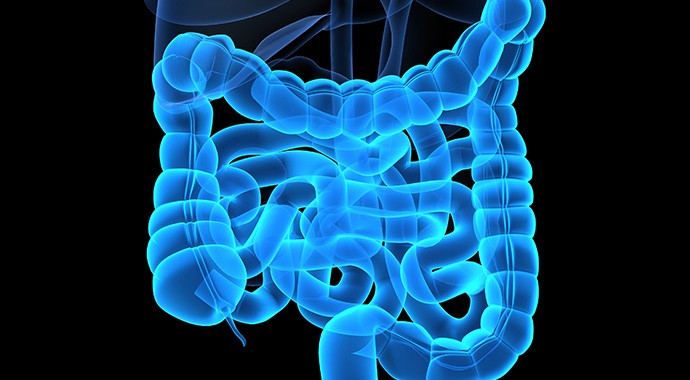An intestinal transplant is a last-resort treatment option for patients with intestinal failure who develop life-threatening complications from total parenteral nutrition (TPN). In intestinal failure, the intestines can’t digest food or absorb the fluids, electrolytes and nutrients essential for life. Patients must receive TPN, which provides liquid nutrition through a catheter or needle inserted into a vein in the arm, groin, neck or chest. Long-term TPN can result in complications including bone disorders, catheter-related infections and liver failure. Over time, TPN also can damage veins used to administer the nutrition via the catheter.
Evaluation
If you are referred for an intestinal transplant, you will complete an evaluation process with our transplant team to be sure that intestinal transplant is an appropriate treatment for you. During the evaluation process, your medical history will be recorded and you will complete a thorough medical examination and consultations with our doctors, nurses, dieticians and social workers. You also will have a variety of tests, which may include, but are not limited to:
- Upper gastrointestinal and small bowel X-ray series
- Barium enema
- Endoscopy
- Abdominal CT scan
Procedure
If you are referred for an intestinal transplant, you will complete an evaluation process with our transplant team to be sure that intestinal transplant is an appropriate treatment for you. During the evaluation process, your medical history will be recorded and you will complete a thorough medical examination and consultations with our doctors, nurses, dieticians and social workers. You also will have a variety of tests, which may include, but are not limited to:
- Upper gastrointestinal and small bowel X-ray series
- Barium enema
- Endoscopy
- Abdominal CT scan
- Motility studies
- EKG and echocardiography
- Ultrasound of the circulatory system
- Blood tests for liver function, electrolytes, kidney function and antibodies to certain viruses Additional tests that help determine the success of the transplant
Recovery
Care after an intestinal transplant differs slightly for each patient, depending on their medical history, type of transplant and medical condition at the time of their transplant. The length of stay in the hospital varies for each patient, but can last for several weeks or as long as several months.
Immediately after your transplant, you will be taken to the intensive care unit (ICU) where you will be closely monitored. When you are ready, you will be transferred to our transplant ward where you will be monitored and cared for by our team of transplant experts, including doctors, nurses and nurse practitioners, dieticians, pharmacists and social workers. During this time, you will have frequent blood draws, biopsies of the transplanted intestine through the ileostomy and radiologic testing. These tests will help determine the health or your transplanted organ. You also will begin the process of weaning from total parenteral nutrition (TPN) and will slowly start feeding through your feeding tube with a liquid nutritional supplement. Over time, you will start an oral diet.

